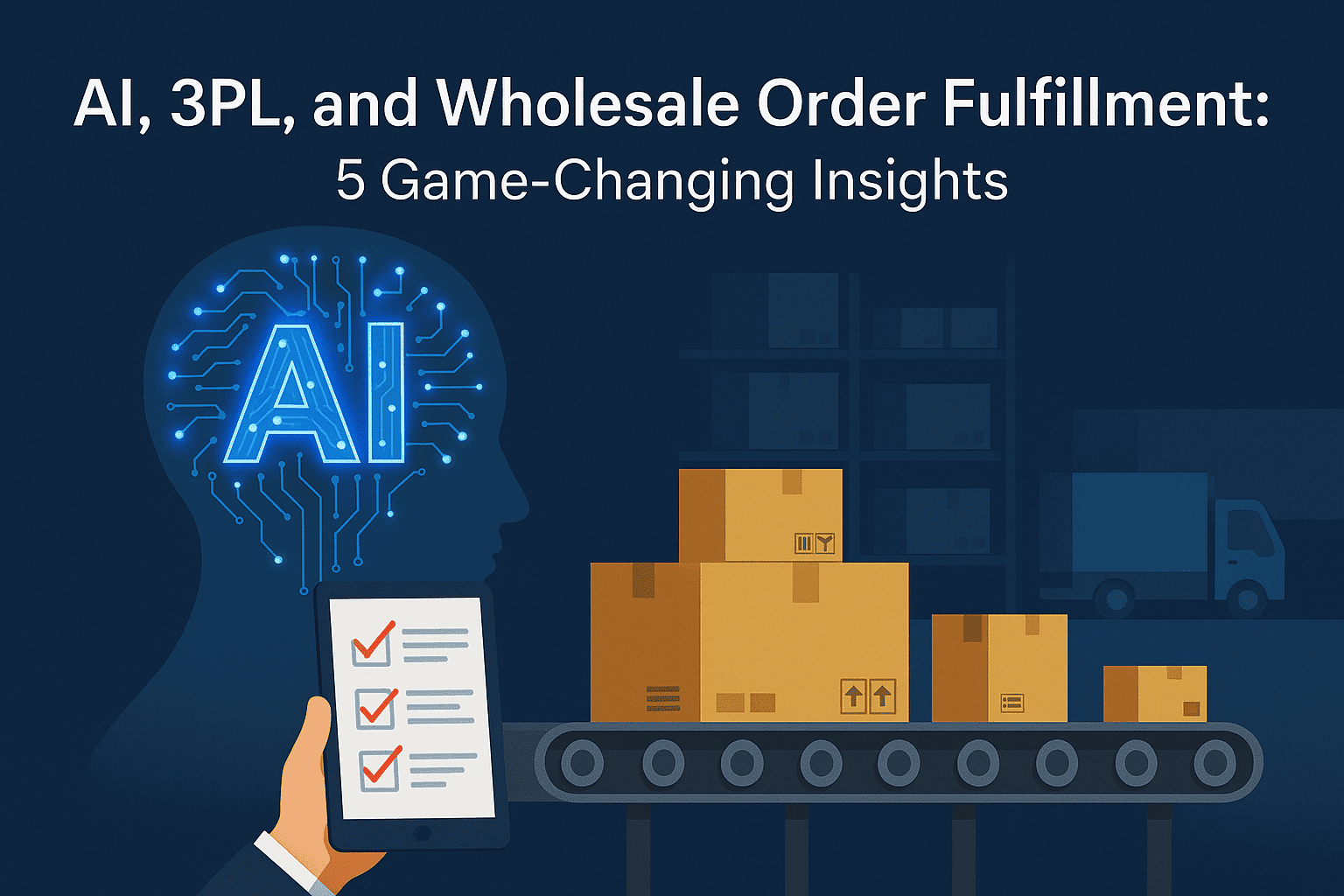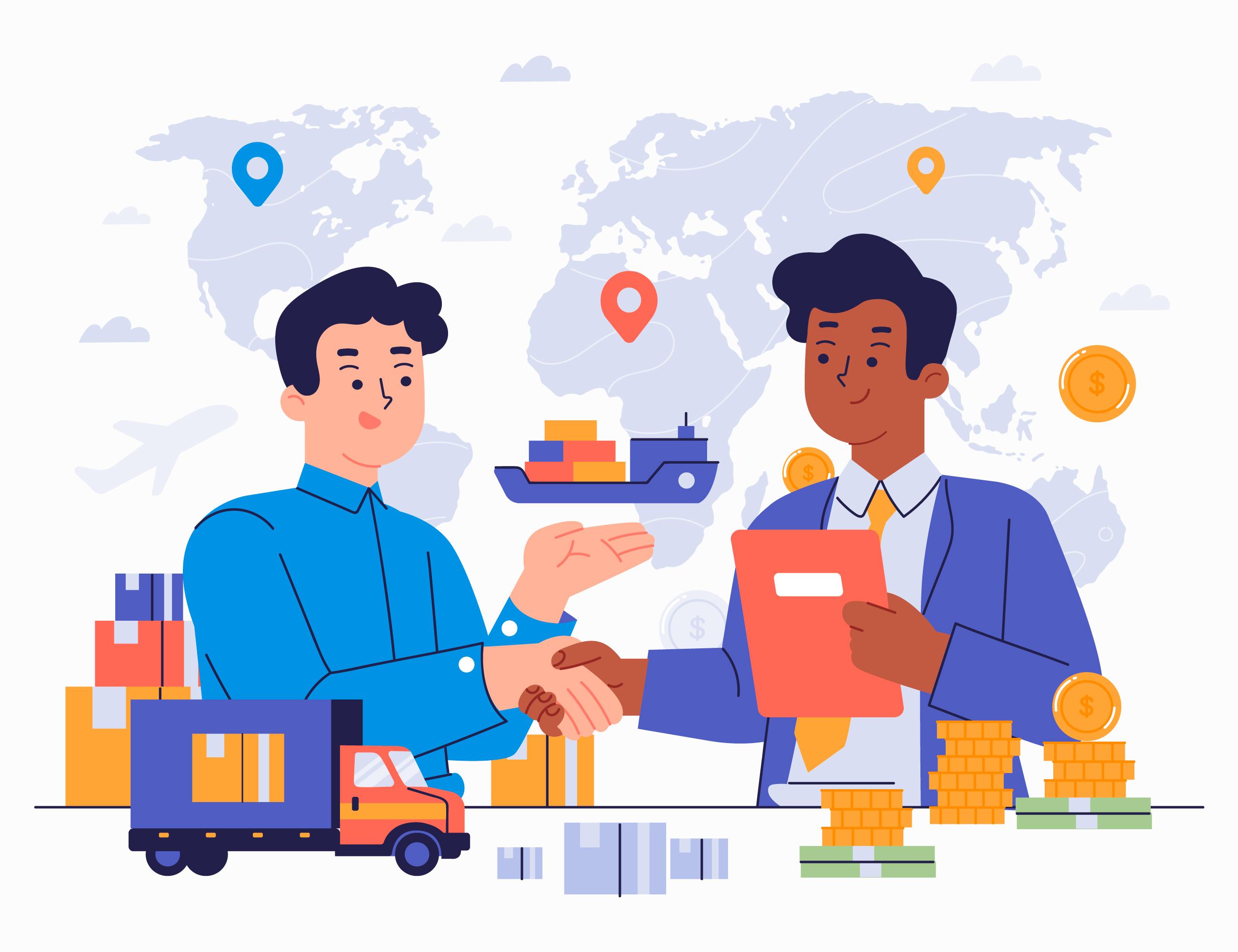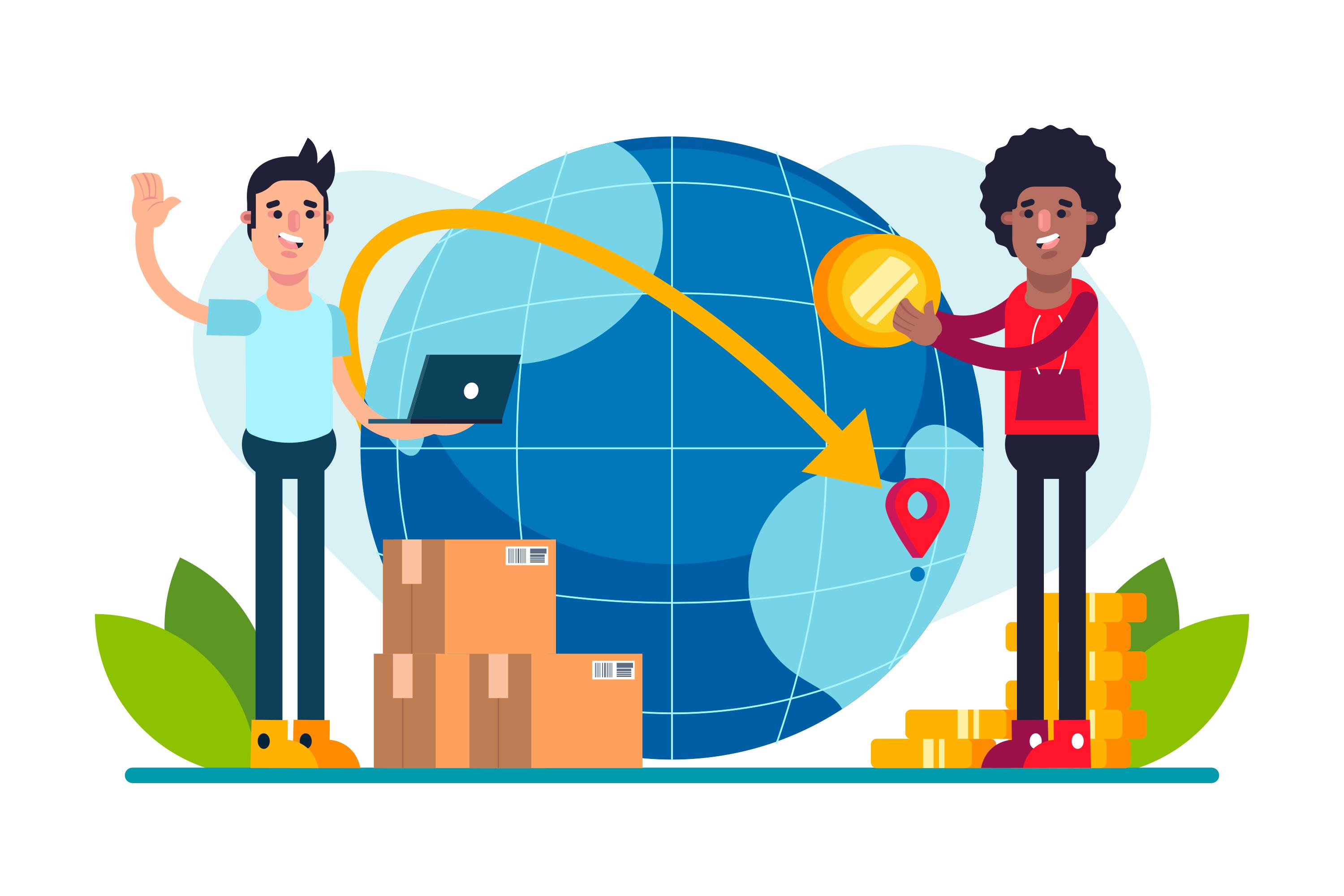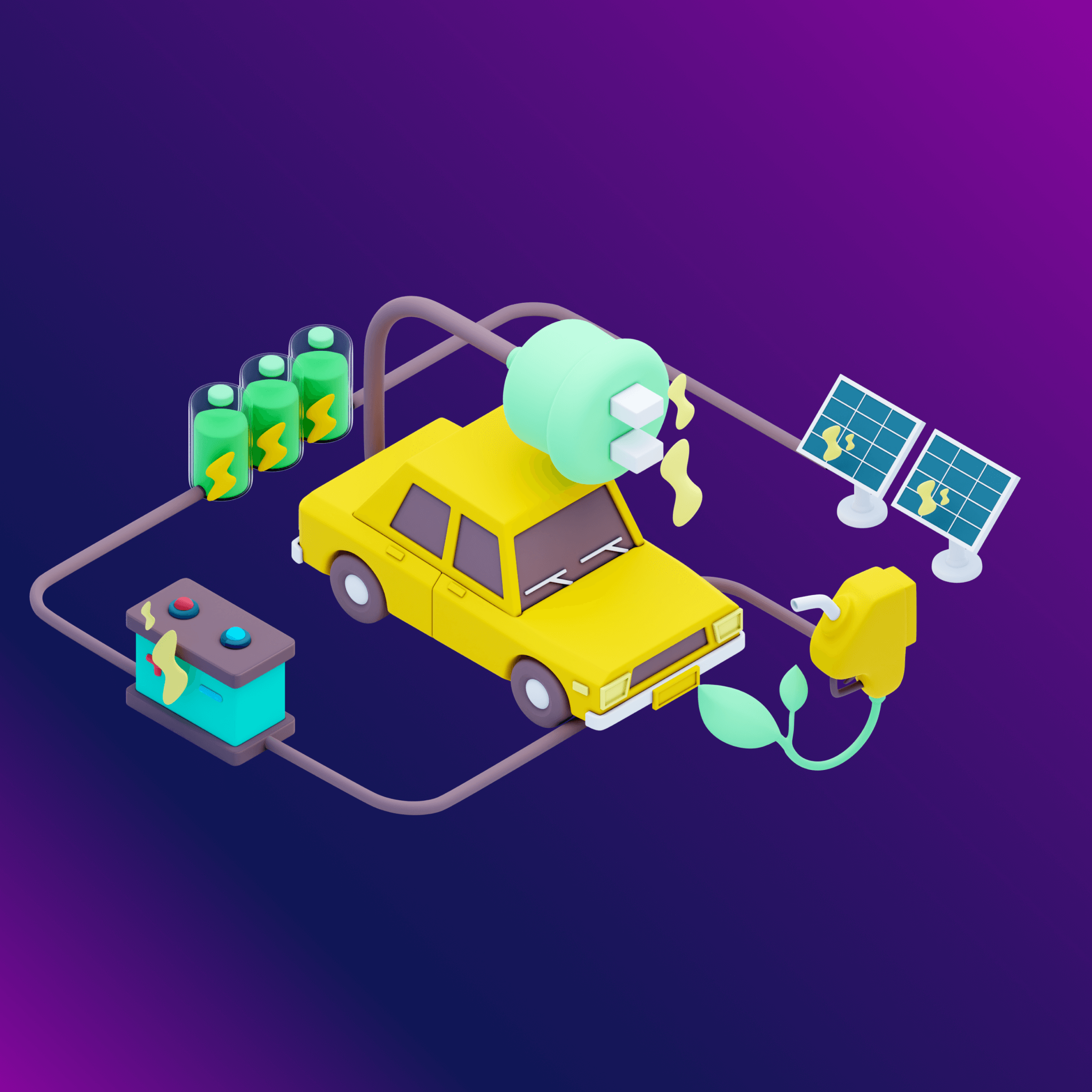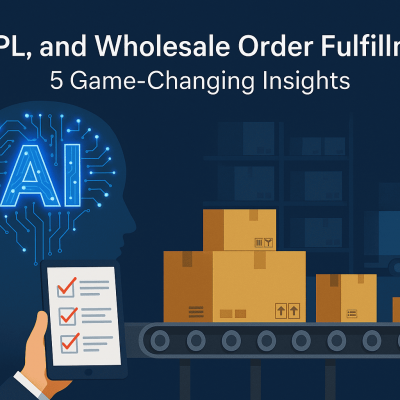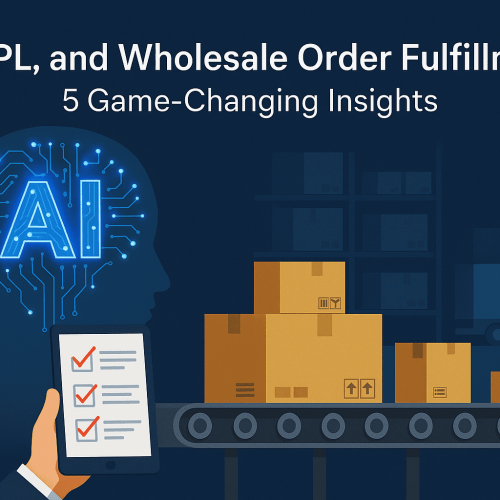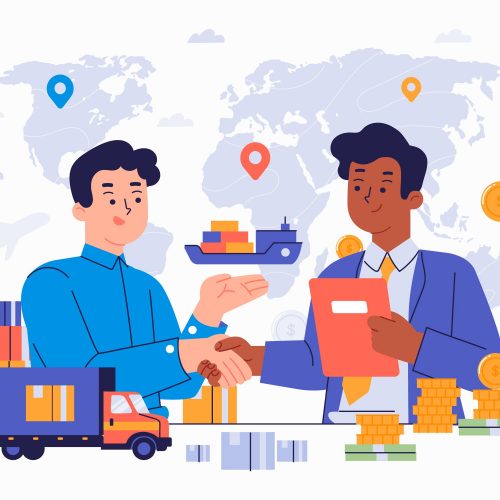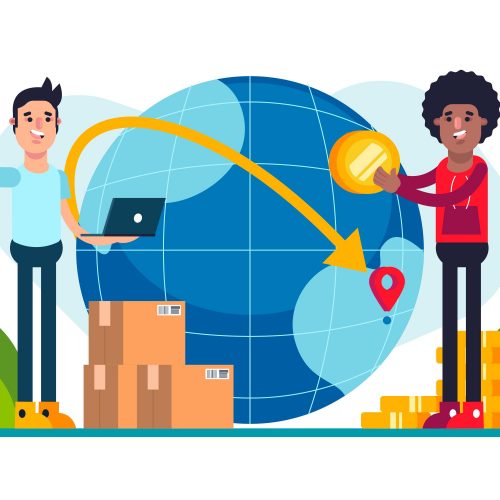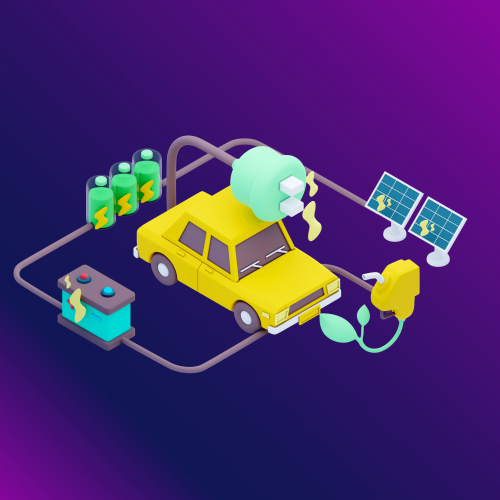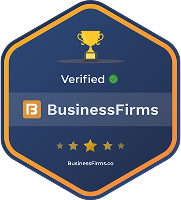Wholesalers sit at the core of supply chains, connecting manufacturers with retail brands and end consumers.
They enjoy diversified revenue streams by servicing multiple clients, making wholesale operations inherently scalable. They do, however, face a unique set of challenges.
With rising transportation and warehousing costs putting pressure on profit margins and global supply chain disruptions adding further unpredictability, wholesalers must adapt in order to thrive.
If you own or run a wholesale business that is ready to seize new opportunities, read on to discover how the combination of new technology and innovative ideas has become a necessity in this competitive industry.
1. Predictive Forecasting
Managing demand is one of the greatest challenges in wholesale order fulfillment.
Demand volatility and unexpected trend shifts can leave businesses scrambling frantically for solutions – often ending in costly overstocks or detrimental stock outs.
Predictive demand forecasting is transforming this mammoth task by anticipating demand with impressive accuracy.
These smart systems pull data from multiple sources and generate forecasts down to specific weeks leading up to holidays, allowing brands to plan inventory accordingly.
2. Fraud Detection
From scam bulk orders to counterfeit products entering the supply chain, wholesalers are at risk, and even a single fraudulent transaction can result in massive financial losses and hinder growth.
AI excels at analyzing data in real time, picking up unusual patterns or repeated small orders designed to test system vulnerabilities.
Machine learning systems continuously adapt and learn, becoming smarter over time and improving their ability to detect even the most sophisticated fraud attempts.
3. Personalized 3PL Solutions
No two wholesale businesses are the same.
Some deal with agricultural surges tied to weather patterns, while others handle volatile retail fashion lines affected by seasonal trends. This diversity can only be addressed by personalized 3PL (third-party logistics) solutions, driven by artificial intelligence (AI).
Customized 3PL fulfillment pricing is the best way to ensure that your business gets what it needs instead of standardized pricing models that force it to pay for services it won’t use.
A tailored pricing structure gives wholesalers more control over margins so they can scale more effectively while maintaining service quality.
4. Cold Chain Compliance
When dealing with perishable goods, such as pharmaceuticals or other temperature-specific products, cold chain compliance is critical.
Any breach in temperature control can result in regulatory violations and lost product. Maintaining cold chain integrity used to require reactive inspections and manual monitoring.
Modern cold chain compliance is transforming fulfillment with embedded sensors in containers and delivery vehicles. These high-tech sensors feed real-time temperature and humidity data into AI programs that effortlessly detect anomalies to facilitate immediate corrective action.
5. Enhanced Scalability
One of the biggest benefits of integrating AI with 3PL partners is the increased ability to scale wholesale operations efficiently.
Scalability is a long-standing challenge for wholesalers because demand can surge unexpectedly during peak seasons and then drop off at a moment’s notice with shifts in consumer demand.
Scaling operations for surges used to require significant investments in warehouse space, staffing, and equipment. AI-driven solutions mitigate much of this burden by giving suppliers a flexible framework for growth and much-needed breathing room.
To End
Your business’s wholesale fulfillment strategy should make operations smarter, faster, and more effective. Now that you know better, your wholesale business can do better – strategically driving profitability and growth.

